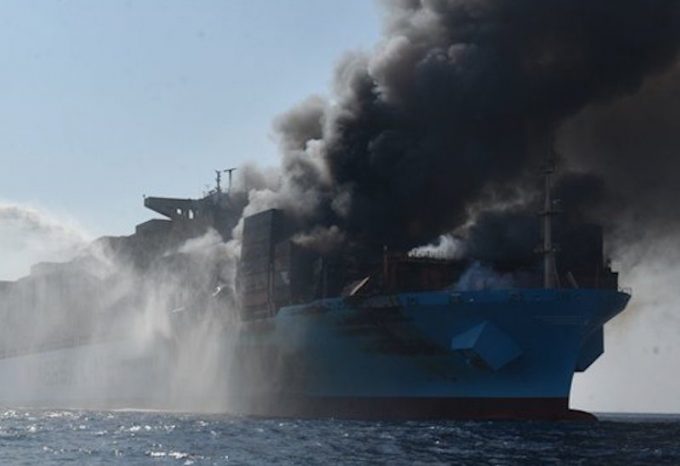Damaged bulker Ruby can finally unload volatile cargo, at UK's Gt Yarmouth port
Malta-flagged MV Ruby, the crippled bulk carrier with 20,000 tonnes of Russian ammonium nitrate aboard, has ...

A container shipping group, set up to increase safety levels in the industry following a string of sometimes fatal box ship fires, has produced its first set of guidelines to help operators prevent further incidents.
The Cargo Incident Notification System (CINS) today published Safety Considerations for ...

Comment on this article